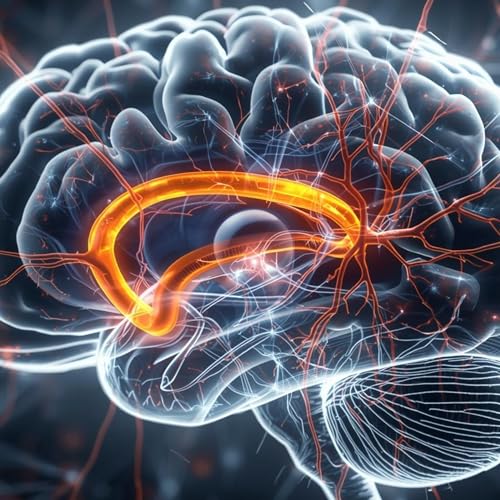
👀 Hypervigilance, Emotional Trauma, and the BrainSherpa.app
Échec de l'ajout au panier.
Échec de l'ajout à la liste d'envies.
Échec de la suppression de la liste d’envies.
Échec du suivi du balado
Ne plus suivre le balado a échoué
-
Narrateur(s):
-
Auteur(s):
À propos de cet audio
This episode discusses sources provide an overview and structured literature review concerning the complex relationship between trauma-induced hypervigilance and performance on the BrainSherpa.app Psychomotor Vigilance Task (PVT). The first source introduces hypervigilance as a state of heightened alertness often linked to past trauma, explaining its impact on cognitive functions like sustained attention, and noting that it generally impairs PVT performance, leading to increased lapses and slower response times. The second, more formal review synthesizes evidence, concluding that while hypervigilance causes trauma survivors to exhibit increased threat monitoring and scanning, this does not translate to improved PVT results; instead, individuals with chronic hypervigilance often experience greater fatigue and impaired sustained attention due to high cognitive and physiological costs. Both texts emphasize that understanding this interplay is vital for developing effective therapeutic interventions for trauma survivors, such as Cognitive Behavioral Therapy (CBT).


